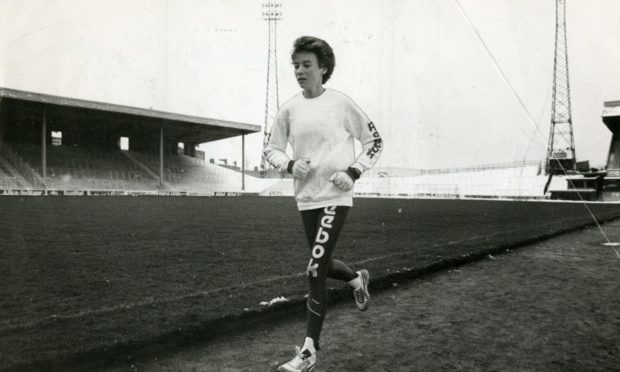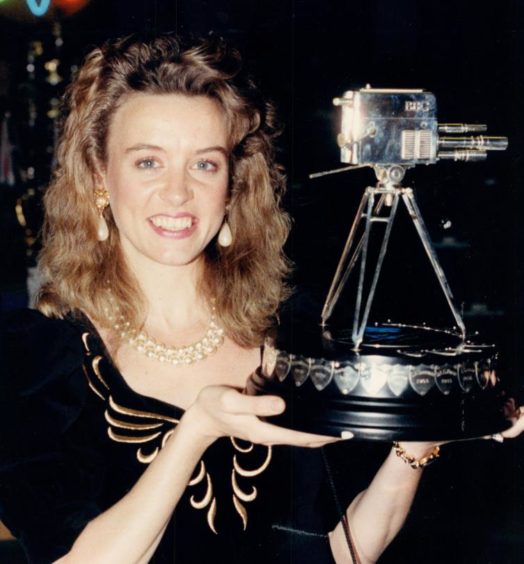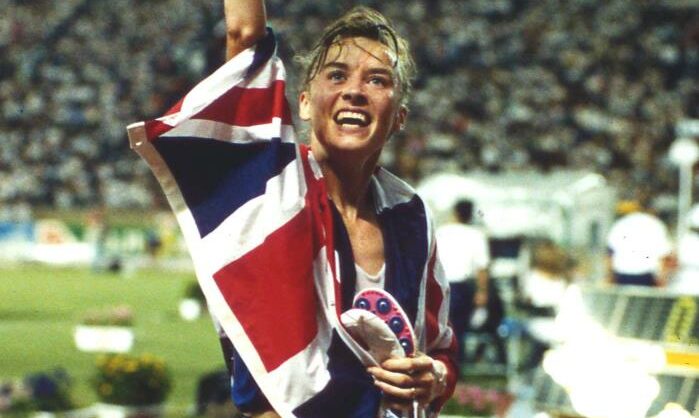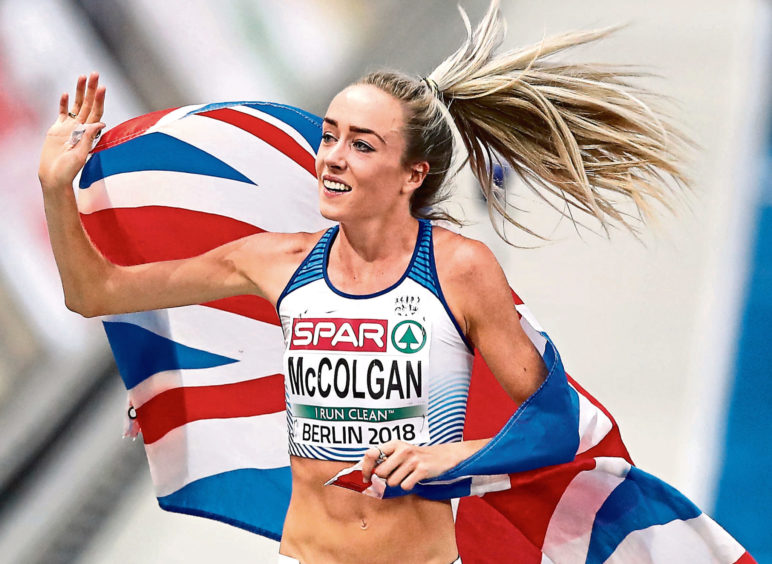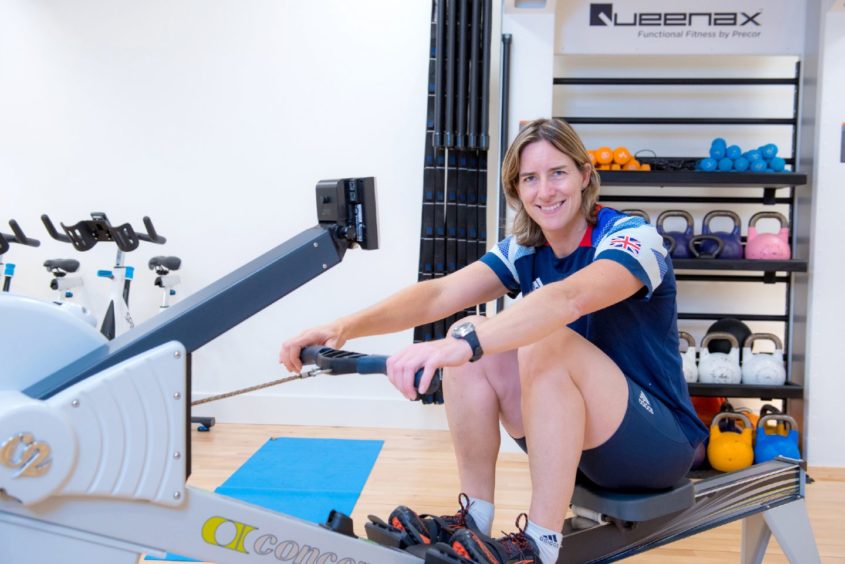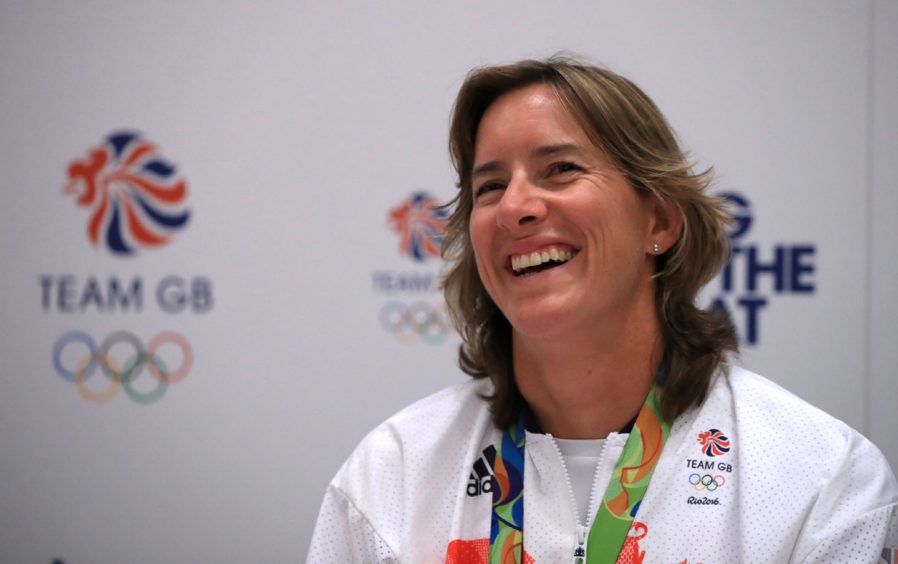I’m often conflicted about the concept of International Women’s Day.
On the one hand, anything which highlights the immense contribution made by more than 50% of people on our planet should obviously be applauded.
But, too often, there is a tokenistic semblance to these sort of initiatives and sport is one of the areas where women have been forced to battle against prejudice, disrespect and casual sexism on an almost daily basis.
It’s still happening – just witness the continuing debacle over David Goodwillie and his signing/non-signing by Raith Rovers from Clyde or the fashion in which pictures of Liz Hurley in a bikini were fitted into the narrative after the tragic death of Shane Warne – but, mercifully, there are an increasing number of people who can look at an athlete and treat them as inspiring personalities, regardless of their gender, race or background.
In the past, when covering major events, such as the Olympics, world championships and the Commonwealth Games, the majority of the focus revolved around male stars and, from a Scottish perspective, that placed the emphasis on David Wilkie and Allan Wells, Chris Hoy and Andy Murray.
But there have been two figures who have loomed large on the global stage whose achievements, work ethic and relentless dedication were the equal of any of their male counterparts – and their example is still driving on new generations of female talent and encouraging them to pursue their dreams.
‘Second best was second rate’
Liz McColgan has never forgotten her roots, whether pounding the streets of Dundee or taking grotty part-time jobs to finance her ambitions.
I still recall meeting her at Meadowbank for the first time in the late 1980s, shortly after she had returned from the Olympics in Seoul with a silver medal, and it was an illuminating experience. Was she happy? Was she hell!
At the Games in Seoul, she put in what was described by most commentators as a terrific display when she tackled the globe’s leading luminaries.
But it didn’t matter that she had been involved in a classic tussle with Russian Olga Bondarenko, who eventually burst clear in the last few seconds.
Because for her, at the time, second best meant second rate and she was so disappointed that she chucked her medal in a drawer after returning home.
She was back on the treadmill
She said: “Seoul really upset me, to the extent that I never even looked at my medal. It was just forgotten about. I felt that I had let everybody down.”
Her drive, desire and dedication were all-consuming. She was back on the treadmill and running less than a fortnight after her daughter – and a future Olympian and record-breaker in her own right Eilish – was born.
And when she surged to the 10,000m world title in Tokyo in 1991, it was one of those rare occasions where even people with little or no interest in athletics were cheering her to the rafters as she ran towards the finish line.
Almost a decade later, the Sydney Games were one of the first occasions when many of us started delving into the minutiae of Olympic rowing.
And while the exploits of Sir Steve Redgrave were the catalyst for a plethora of people’s conversion to the sport when he said to his colleague Matthew Pinsent “Let’s crush some dreams”, the efforts of another British competitor gradually developed into one of the great pursuits of the main prize.
We’re talking, of course, about Dame Katherine Grainger, the unstintingly single-minded and tenacious Scottish competitor who tried, tried, tried and tried again to strike gold in her sphere – and finally succeeded in front of her home audience during the London Games in 2012.
Time after time, she pushed her body through the wringer, only to end up with another silver, which she viewed in similar terms to McColgan.
After her third runners-up medal in Beijing in the quadruple sculls event in 2008, she even said: “It was a crushing disappointment, like suffering a massive personal loss. And I had to go through a huge grieving process.”
These were the words of somebody who appreciated how quickly success can slip through your fingers. But it was to her immense credit that she kept on testing herself and forming partnerships with new colleagues – and when she joined forces with Anna Watkins, it was the beginning of something special.
They surged to accolades at world level in the build-up to the Olympics, and then, when there was a huge burden on their shoulders, when London was ablaze with expectations and flag-waving aficionados, there was no fresh anxiety, no more tristesse for Grainger.
Instead, they flew out of sight of their opponents with the same mind-blowing intensity which typified McColgan’s attitude to dealing with rivals. It was a pivotal chapter in her career and she was magnificent in stamping her authority over anybody who dared meddle with her dream.
Other Scots have shown their mettle in recent times, not least Eve Muirhead at the Winter Olympics last month and gifted athlete Laura Muir.
But, as we celebrate IWD, I still doff my cap most to McColgan and Grainger; two of the most formidable and impressive performers you could ever meet.
